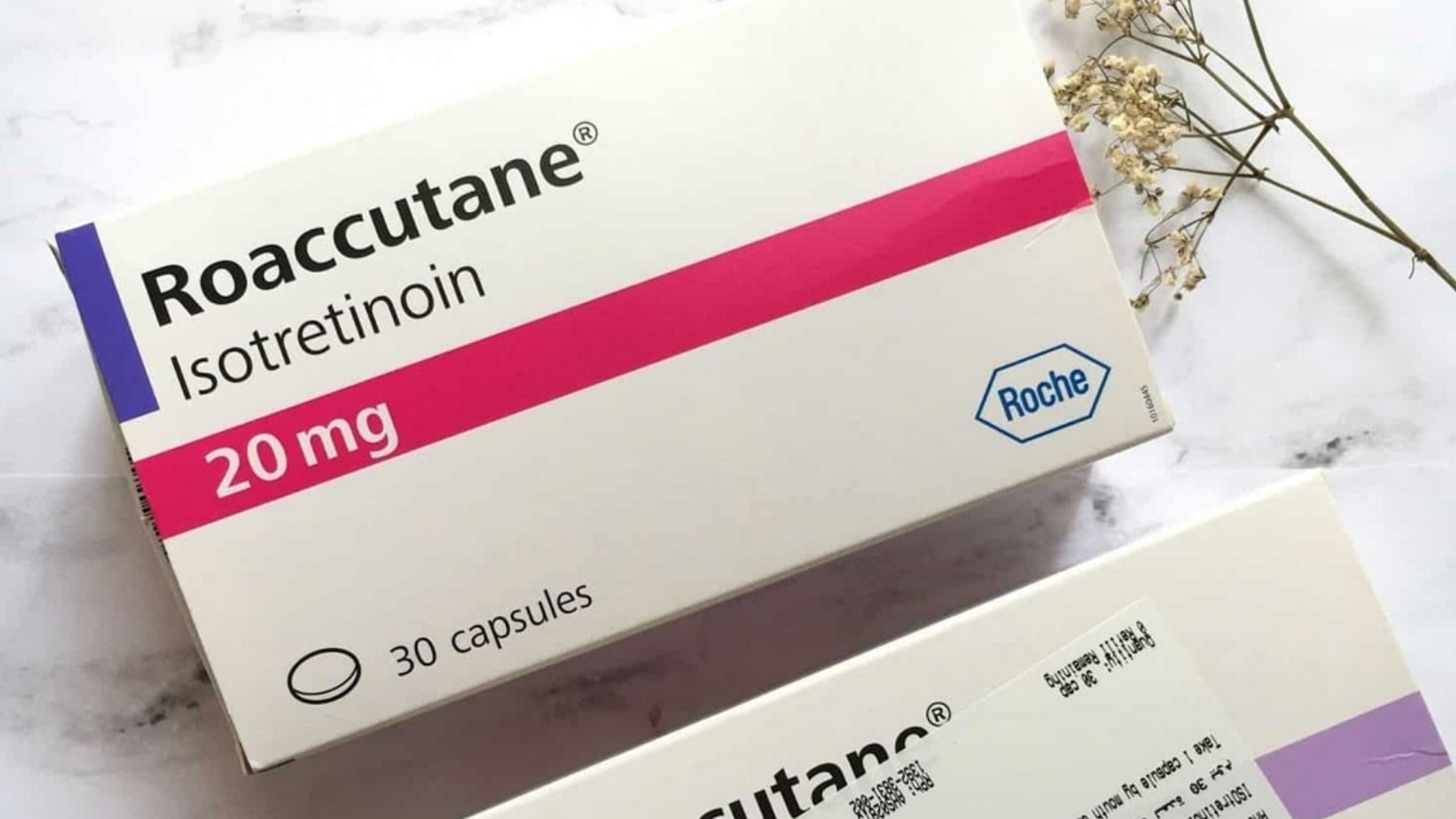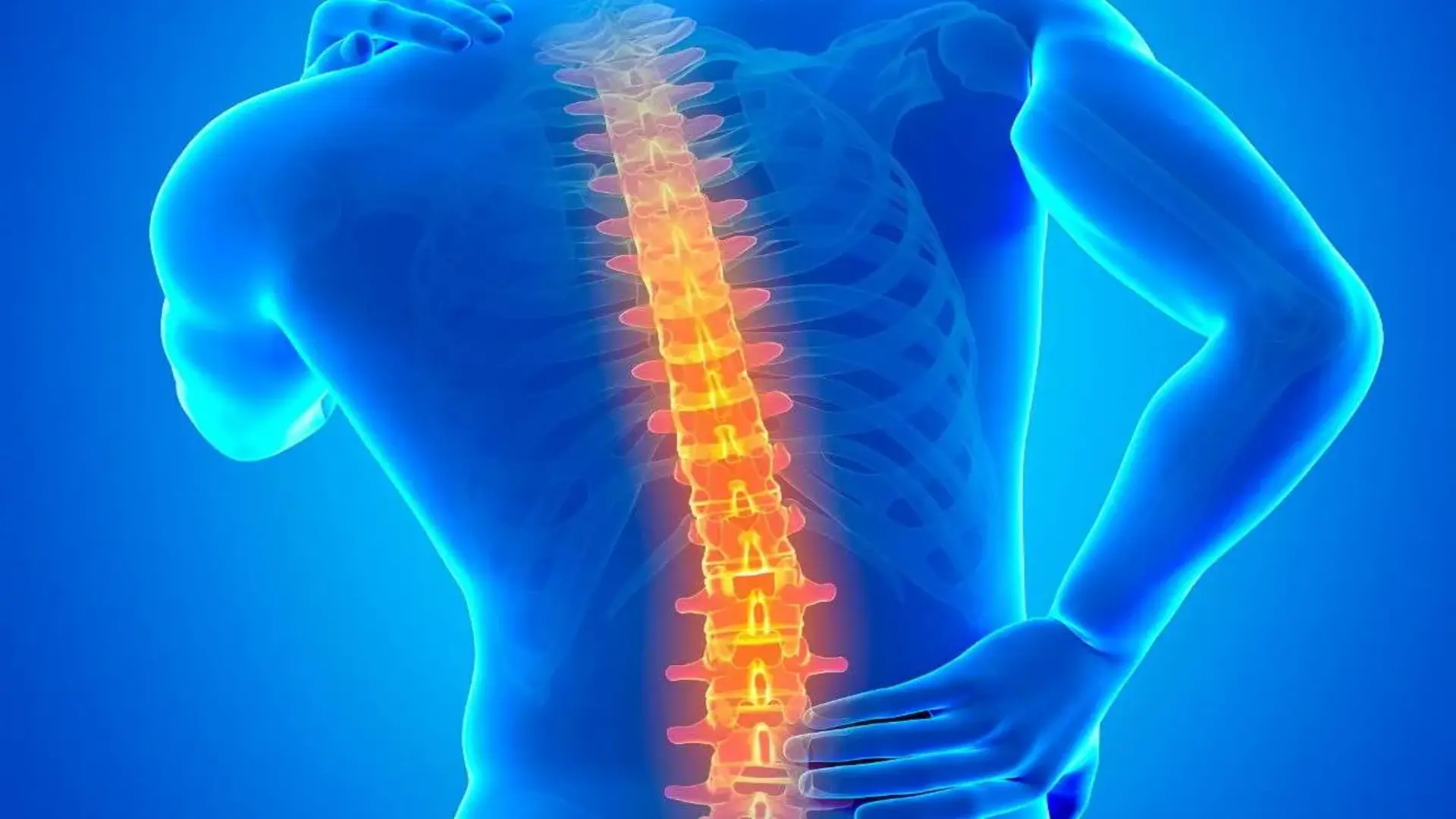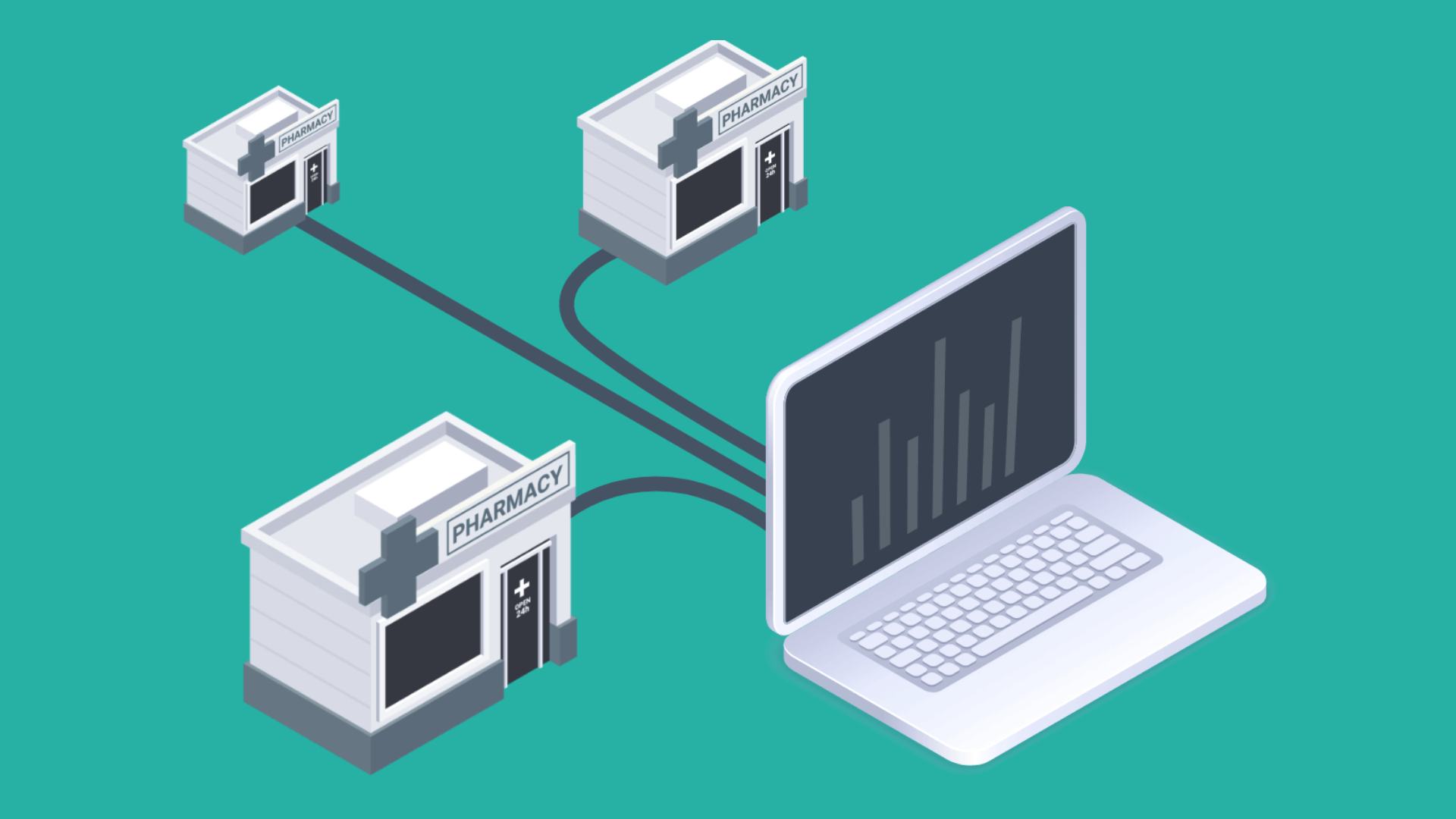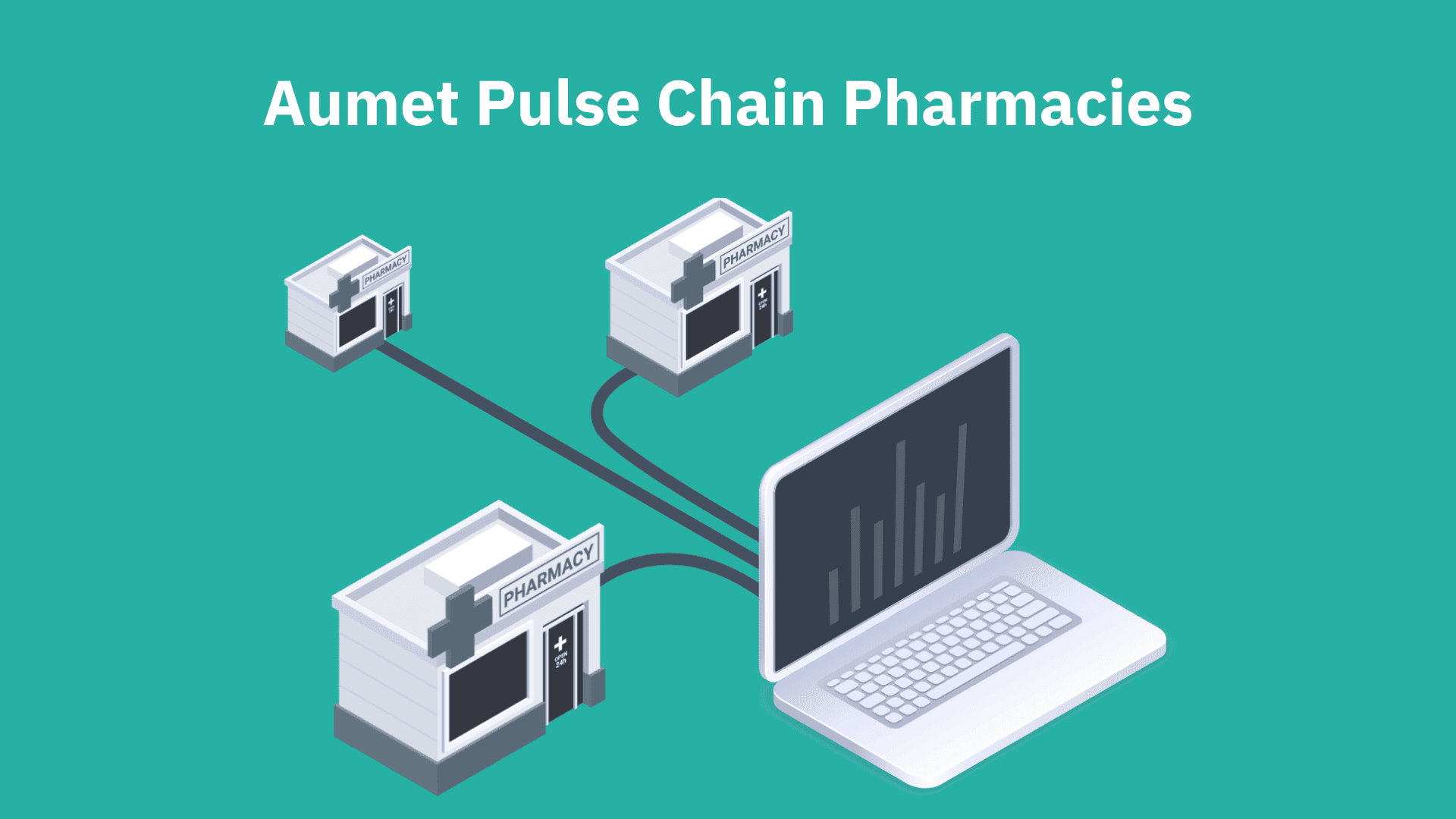Medications are one of the essential tools in the medical field, offering both positive results and potential side effects, especially when taken in excessive doses or when not needed. One example is Roaccutane. In this article, we will explore what Roaccutane is, its benefits, side effects, and how to manage them.
What is Roaccutane?
The medical name for Roaccutane is Isotretinoin. It is a widely used medication, particularly among young adults, to treat severe acne. Isotretinoin is a derivative of Vitamin A and is highly effective in combating acne.
When do Roaccutane results appear?
The time it takes for Roaccutane to show results varies from person to person, depending on their body’s nature and response. Initially, acne may worsen during the first few weeks of treatment. However, improvement is usually seen between the 6th and 8th week. The final results typically appear after completing the full course of treatment.
What are the benefits of Roaccutane?
- Treating severe acne: Roaccutane is effective in managing and reducing severe acne cases that are unresponsive to other treatments.
- Preventing scarring: It helps prevent the formation of acne scars by controlling breakouts.
- Long-term treatment: Roaccutane offers a long-lasting solution to acne, with many patients experiencing clear skin even after stopping the medication.
What are the potential side effects?
Like any medication, Roaccutane can have side effects, which depend on the individual’s health, dosage, and other factors. Some of the most common side effects include:
- Joint and muscle pain: One of the most frequent side effects. Users may experience pain in the knees, neck, and back, as well as increased sensitivity in the skin.
- Eye irritation and redness: Roaccutane can cause dryness in the eyes, leading to itching, redness, and irritation due to its mechanism of action.
- Nosebleeds: As the drug reduces mucus secretion, the nasal membranes can become dry, leading to nosebleeds.
- Dry skin, eyes, nose, and lips: Roaccutane reduces the activity of the sebaceous glands, which decreases the production of sebum—a natural oil that moisturizes the skin. This can cause dryness in several areas.
Consulting a doctor:
If you experience any side effects, it’s essential to consult your doctor for appropriate guidance and necessary actions.
Allergy monitoring:
If you have any known allergies to certain substances, avoid medications containing these ingredients.
Tips for enhancing treatment effectiveness:
- Follow the prescribed instructions and undergo regular check-ups.
- Use moisturizers to counteract dryness.
- Limit sun exposure as much as possible.
In conclusion, Roaccutane is one of the most effective treatments for severe acne, although it may take time to achieve the desired results. Despite its side effects, it is widely recommended by doctors for those struggling with persistent acne.










